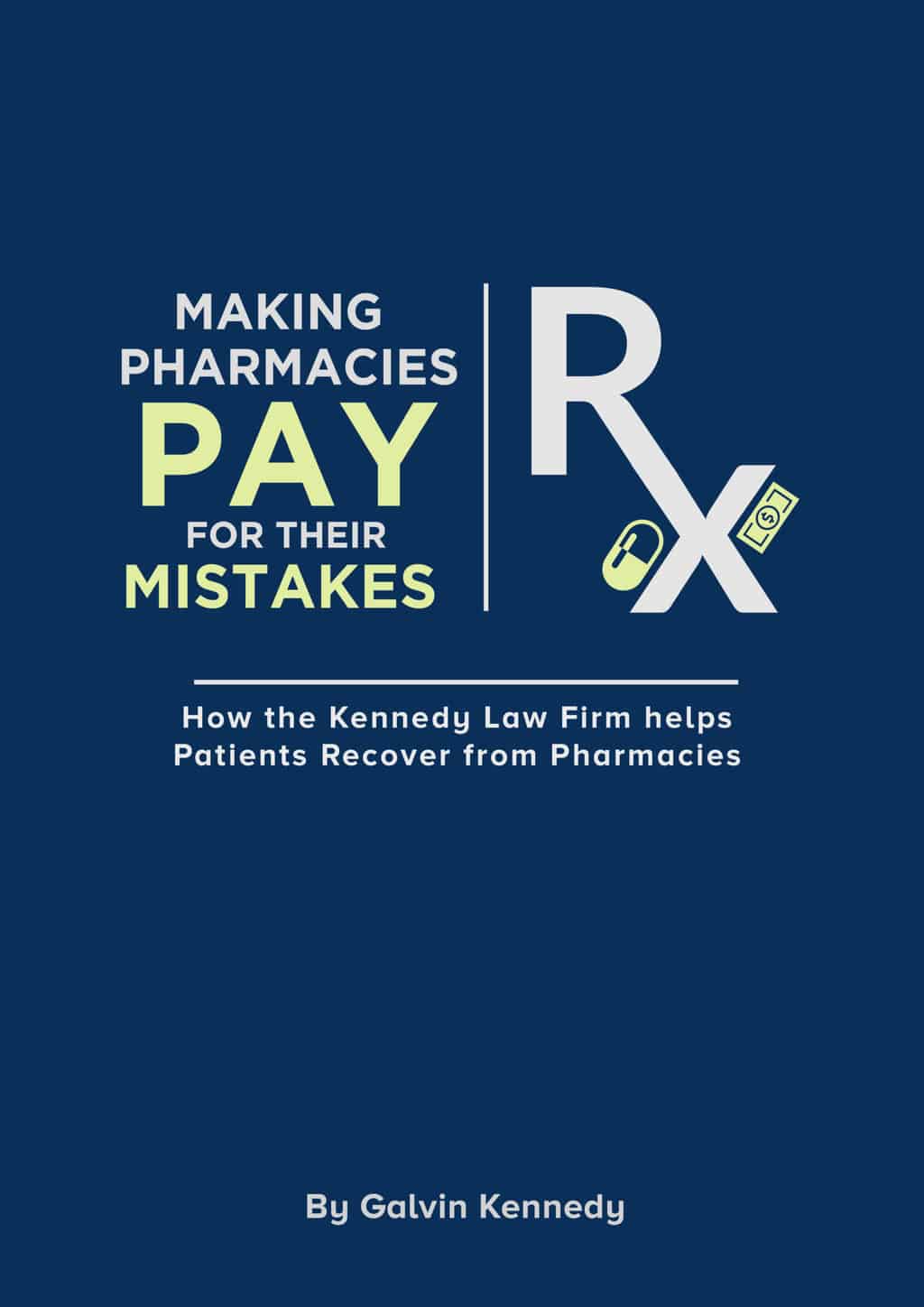Ensuring the proper dispensing and dosing of medications for children is of paramount importance to their health and safety. Pharmacy errors involving children can have severe consequences, and it's crucial for pharmacies to follow essential practices to prevent these errors. This not only relates to patient well-being but also to legal accountability. In this article, we will highlight the key practices pharmacies should follow to ensure the correct dispensing and dosing of medications for children and the legal implications when these standards are not met.
1. Verification and Double-Checking: Pharmacists and pharmacy technicians should verify the accuracy of every prescription, ensuring the correct medication, dosage, and instructions are provided. A second check by another staff member can help catch potential errors.
2. Knowledge of Pediatric Dosing: Pharmacists must be well-versed in pediatric dosing guidelines. Children's medications often require precise dosages based on weight and age, and pharmacists must have a thorough understanding of these nuances.
3. Allergy and Interaction Screening: Pharmacists should conduct thorough allergy and drug interaction screenings for every prescription. This helps prevent potentially dangerous situations, especially when a child has known allergies or is taking multiple medications.
4. Proper Labeling: Medication labels should be clear and easy to read. They should include the child's name, the medication's name, dosage instructions, and any specific warnings or precautions. Any ambiguous labeling can lead to dosing errors.
5. Education and Communication: Pharmacists should communicate clearly with parents or caregivers about the medication, its proper administration, and potential side effects. Parents should feel comfortable asking questions and seeking clarification.
6. Technology and Automation: Implementing technology and automation in the dispensing process can reduce the risk of human error. Automated systems can help ensure accurate measurements and reduce the likelihood of mistakes.
Legal Accountability:
Failure to adhere to these essential practices can result in legal accountability for the pharmacy. When pharmacy errors occur, and they can be traced back to negligence, the responsible pharmacy can face legal consequences. Legal accountability can involve:
1. Medical Malpractice Claims: Parents or caregivers can pursue a medical malpractice claim against the pharmacy for the harm caused to the child due to a dispensing or dosing error.
2. Liability for Damages: Pharmacies may be held liable for damages, including medical expenses, pain and suffering, future medical needs, and emotional distress incurred as a result of the error.
3. License and Regulatory Consequences: Pharmacies that repeatedly fail to meet proper dispensing and dosing standards may face regulatory actions, such as fines or license suspension.
4. Civil Lawsuits: In some cases, civil lawsuits may be filed against the pharmacy to seek compensation for the harm caused. These lawsuits can result in financial settlements or judgments against the pharmacy.
In conclusion, ensuring child medication safety through proper dispensing and dosing practices is not only vital for the well-being of our children but also for legal accountability. Pharmacies that fail to meet these standards can face serious legal consequences, and parents have the right to seek compensation for any harm their child has suffered. If you believe your child has been a victim of a pharmacy error, consult with an experienced attorney at Kennedy Law Firm to understand your legal options and protect your child's rights. Child medication safety is a shared responsibility, and it's crucial that pharmacies uphold the highest standards to protect our most vulnerable patients.

Pharmacy errors can cause death or significant health concerns. If you think that you have been harmed due to a
Pharmacy negligence results in 1.5 million injuries to people in the US each year. These errors happen in the hospital
Pharmacists are required by law and by definition of their duties to provide specific care to their customers and patients
